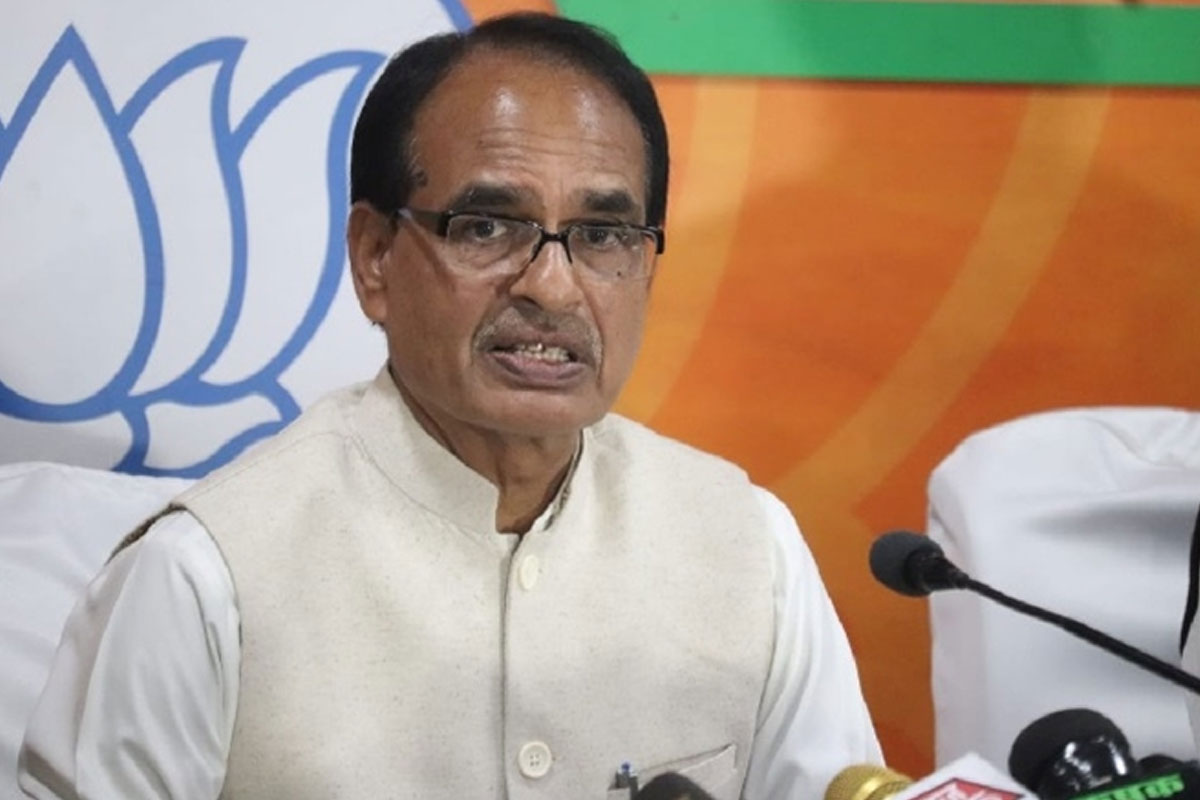More states, including Congress-led Punjab and Rajasthan, are gearing up to follow the labour reform initiative kicked off by three BJP-led states—Madhya Pradesh, Uttar Pradesh and Gujarat.
The spree of labour reforms is being seen by many experts as post-Covid-19 lockdown planning to woo investors and boost industrial activities.
Taking the lead, on 7 May, newly appointed Madhya Pradesh Chief Minister Shivraj Singh Chouhan announced that his state would exempt new manufacturing units from almost all the provisions of the Factories Act, 1948, for the next 1,000 days.
Soon after his announcement, the Yogi Adityanath-led Uttar Pradesh government passed an ordinance on 8 May exempting businesses from all labour laws, except the Building and Other Construction Workers Act, Bonded Labour System (Abolition) Act, and Section 5 of the Payment of Wages Act (which gives workers the right to receive timely wages), for the next three years (1,096 days) for all firms.
The labour reform spree was followed by two more BJP-led states—Gujarat and Assam. Taking a cue from Madhya Pradesh and Uttar Pradesh, Gujarat also granted labour law exemptions for 1,200 days. Similarly, the Assam government announced a provision for fixed-term employment of workers and it has also proposed that factories will now be allowed to increase working hours from the existing eight hours to a new 12-hour shift.
According to sources, people may think that the state governments, mostly the BJP-ruled, have taken this decision in a hurry to fix the post-lockdown labour demand, but in reality, the long-pending labour reforms have always been on the plate of the current Narendra Modi regime and the state governments were directed to carry out similar reforms soon.
A senior bureaucrat in the Central government told The Sunday Guardian: “It may look like a big secret, but for people linked to the power corridors, it is an open fact that the Modi government is working on two fronts—to rejig the current political and economic landscape of the country. The first front is being led at the Central level where the government is dealing with “political reforms” such as the abrogation of Article 370 and Article 35-A, while the second is at the state-level where the state governments are directed to complete the long-pending reforms, including land and labour reforms, which are prerequisites for economic growth of the country.”
“These reforms are intended to take advantage of the virus crisis and a race among the state governments for introducing reforms is inevitable due to the post-lockdown demands. The first initiative in this direction has, of course, come from the BJP-led states like UP, MP, Assam and Gujarat, but in a few days, you will see that many other states, including those held by the Congress, coming up with similar announcements. Two Congress-led states—Rajasthan and Punjab—are already considering similar reforms in labour laws,” the same official cited above said.
According to economic experts, the complex existing labour laws and rules are proving to be a hurdle in economic growth and after Covid-19 hit, the country will need rapid remodelling of the economy to cope with the situation. Therefore, the Central government, as well as state governments, is in a rush to introduce all three major reforms—land, labour and legal reforms.
At present, at least 40 Central laws and more than a 100 state-level Acts and regulations are there that govern India’s workforce. For example, there are around 10 laws to deal with wages alone. Notably, the separate laws for the separate entity such as factory workers, beedi and cigar workers, newspaper employees, cine workers, farm workers, mine and mineral workers etc., have just created complexities and this has damaged the environment for economic activities in the country.
Some of the basic changes in labour laws that are introduced by the states include ease in hire and fire (establishments with up to 100 workers can hire as per need and no registration is required for contractors with 50 labourers), end of “inspector raj” (no factory inspection for three months, no inspection at all for the firm with less than 50 workers), ease in the licensing procedure (same-day registration, renewal of licence once in a decade, no renewal needed for startups and an increase in the working hours (12 hours from the existing 8 hours).
Experts say that, despite having hundreds of complex laws in place, a large chunk of the Indian workforce remains ungoverned as they work in the informal sector. However, the business world has appreciated the state governments for taking timely action by introducing labour reforms, but there are many critics who have expressed their concerns and their foremost worry is about protection of labour rights.
More states set to implement labour reforms
- Advertisement -

